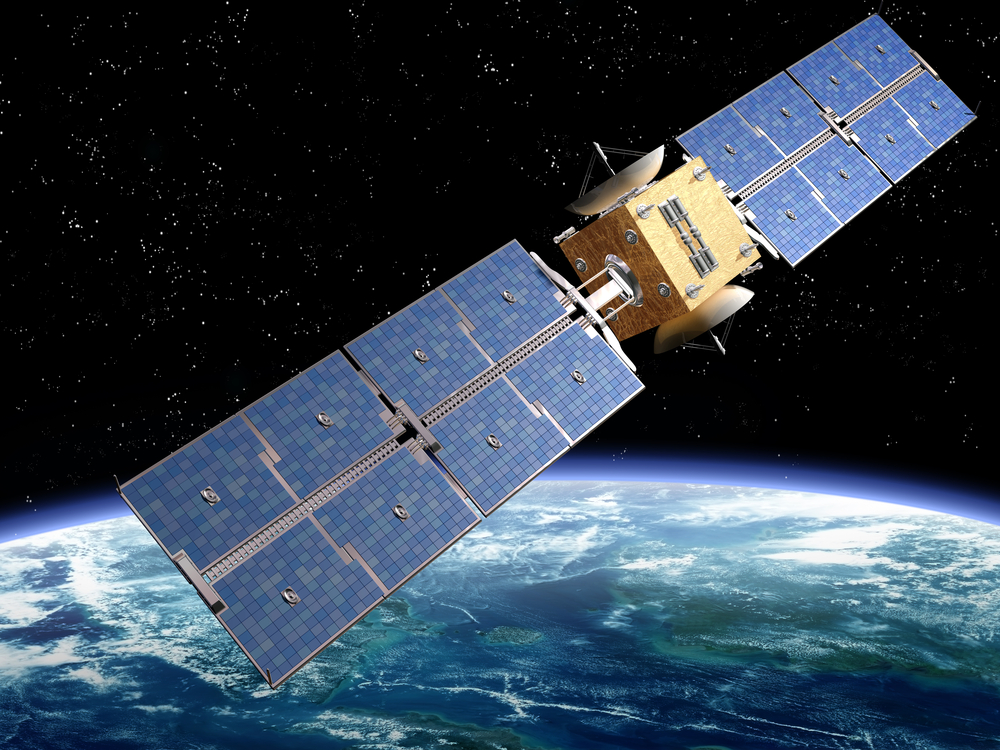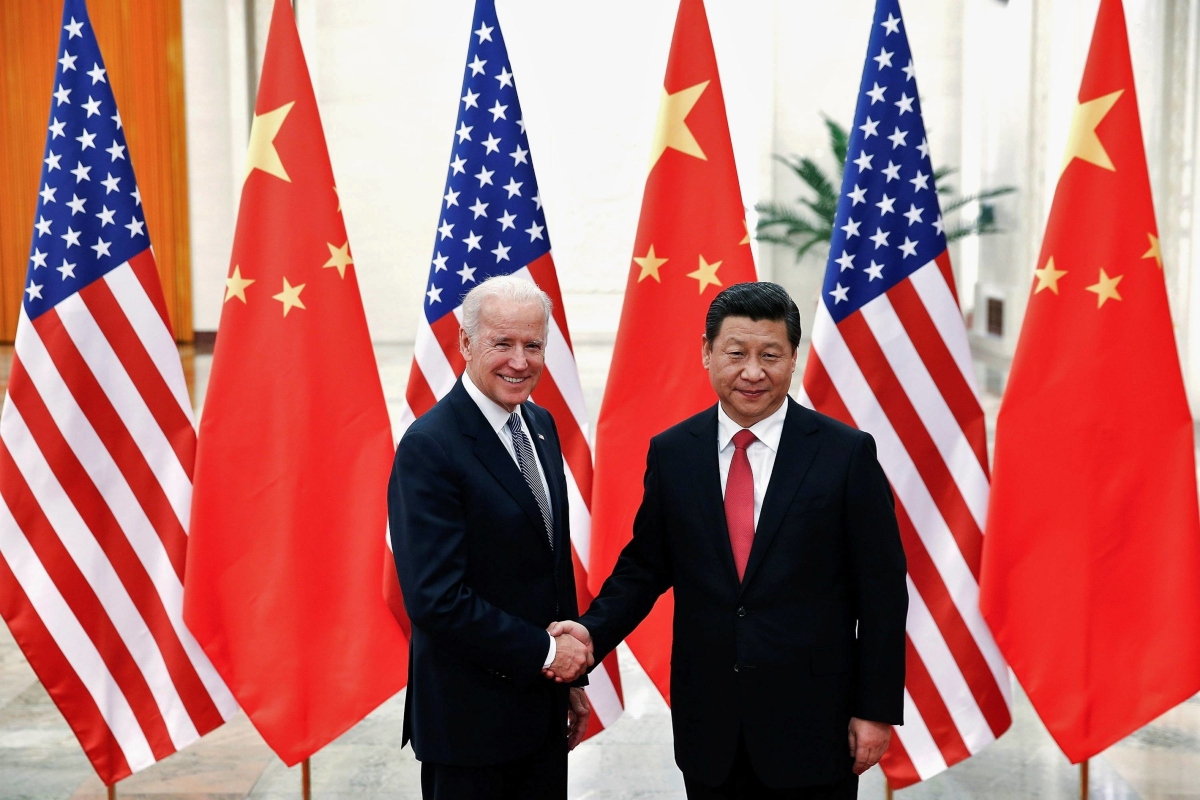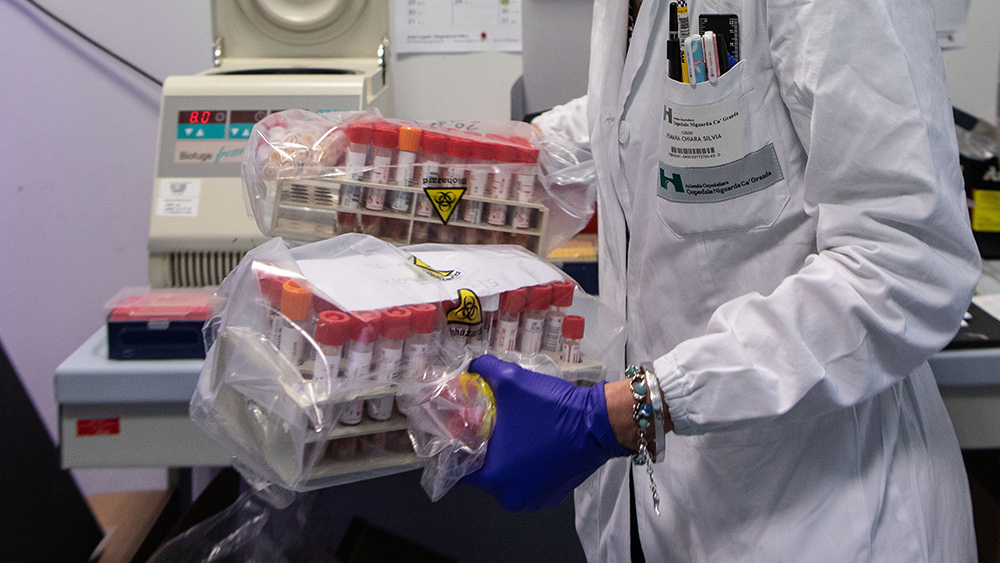
The general warned that China is the "most immediate threat" to U.S. operations in space given its development of technologies such as lasers to disrupt satellite sensors, electronic warfare jammers, and even building crafts that can potentially disrupt rival orbiting platforms.
Saltzman stated that China's ultimate goal is to become the most dominant space-faring nation by 2045, a part of its plan for a fully modernized, world-class military, the UK's Daily Mail noted.
"Over the last six months, China conducted 35 launches adding advanced communications and intelligence, surveillance, and reconnaissance (ISR) satellites to their orbital architecture," he noted in a written statement to the Senate Armed Service Subcommittee on Strategic Forces earlier this week. "Of China's over 700 operational satellites in orbit, 347 are People's Liberation Army ISR platforms providing optical, radar, and radio-frequency capabilities which track the Joint Force worldwide."
Senior U.S. commanders have issued repeated warnings that China's advancements in space technology, such as the development of reusable rockets, pose a threat to U.S. dominance in space. Chinese officials have even compared the moon and Mars to the disputed islands in the South China Sea that Beijing is trying to assert its sovereignty over, the report said.

"Both China and Russia continue to develop, field and deploy a range of weapons aimed at U.S. space capabilities," Saltzman told the Senate panel. "The spectrum of threats to U.S. space capabilities includes cyber warfare activities, electronic attack platforms, directed energy lasers designed to blind or damage satellite sensors, ground-to-orbit missiles to destroy satellites and space-to-space orbital engagement systems that can attack U.S. satellites in space."
He added that both Russia and China have studied how the U.S. has become reliant on its satellites to conduct warfare.
"Whether it's our precision navigation and timing, whether it's satellite communications, the missile warning that we rely on and the intelligence surveillance and reconnaissance persistence that we have with space capabilities... they know we rely on that and so if they can blind us, if they can interfere with those capabilities, or God forbid, destroy them completely, they know that that will diminish our advantages and put the joint force at risk," said the four-star Space Force commander.
"So I can see interfering with, I can see blinding, I can see some of those grey area kinds of attacks on our capabilities to try and put us behind the eight ball," he noted further.
China's rapid economic growth in recent years has allowed them to invest heavily in its space program, leading to significant advancements in its space military capabilities. As China races to the final frontier, its space program has become a point of interest for military analysts and governments around the world.
With the launch of Beijing's first space station and the successful landing of a rover on the far side of the moon, China has demonstrated its ability to compete with other space-faring nations. However, their military activities in space have raised concerns and sparked debates about their intentions and the potential for an arms race in space.
As for the U.S., Saltzman said the Pentagon will be switching from bigger, more vulnerable geostationary satellites to constellations of smaller satellites that will be deployed in low-to-medium earth orbit.
"With regards to grappling satellites and pulling them out of orbit, much tougher to deal with when you have less than maneuverable older legacy satellites," he told senators. "So again, shifting to a proliferated [low earth orbit] constellation where you don't have what Gen. Hyten called a 'big juicy target' sitting there in a [geostationary orbit] makes that a much tougher proposition for them to execute against."
Sources include:
Please contact us for more information.






















